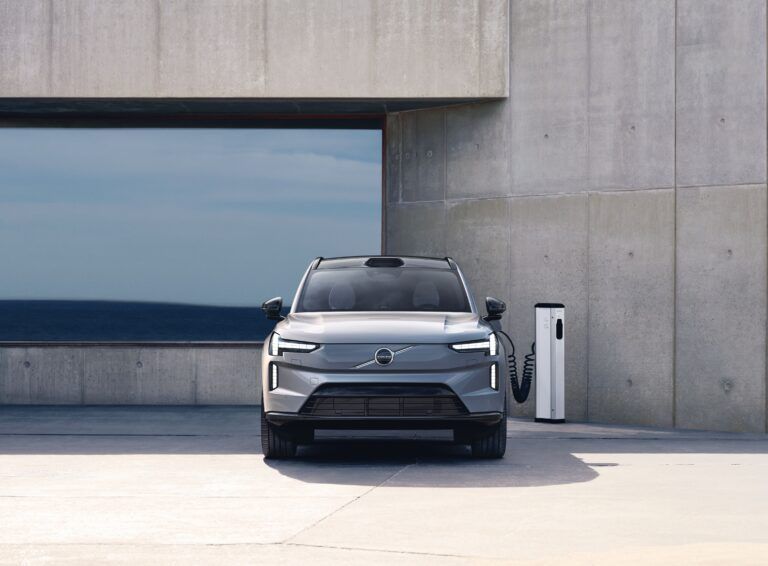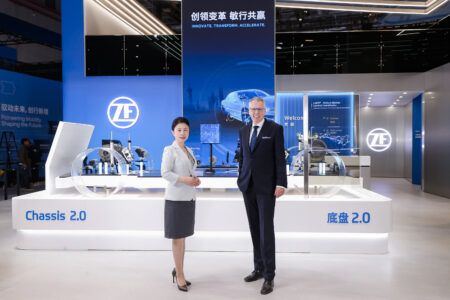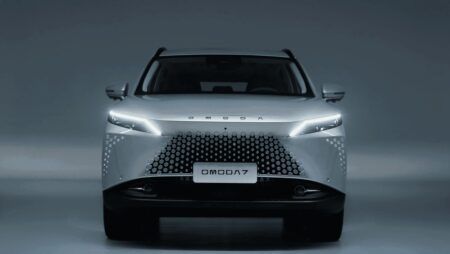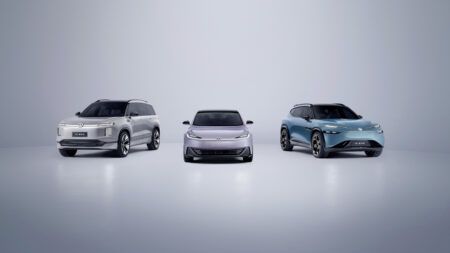The Volvo EX90 will be built in the USA starting next year. It’s core software is powered by a mixture of in-house systems, Xavier and Orin (Nvidia Drive AI platforms), and Snapdragon cockpit platforms from Qualcomm Technologies.
Delivering up to 373 miles (600 km) of driving range on a single charge, according to the WLTP test cycle, it charges from 10 to 80 per cent battery capacity in under 30 minutes. The computing power from Snapdragon’s cockpit platforms has been integrated with the Unreal Engine, a three-dimensional creation tool developed by Epic Games, featuring high-performance computing power and high-quality graphics for in-car screens and head-up display.
“The Volvo EX90 is a statement for where we are, and where we are going,” said CE Jim Rowan. “It’s fully electric with a range of up to 600 kilometres on a single charge, designed to further raise our safety standards, the first Volvo car to be truly defined by its software and part of a wider ecosystem.”
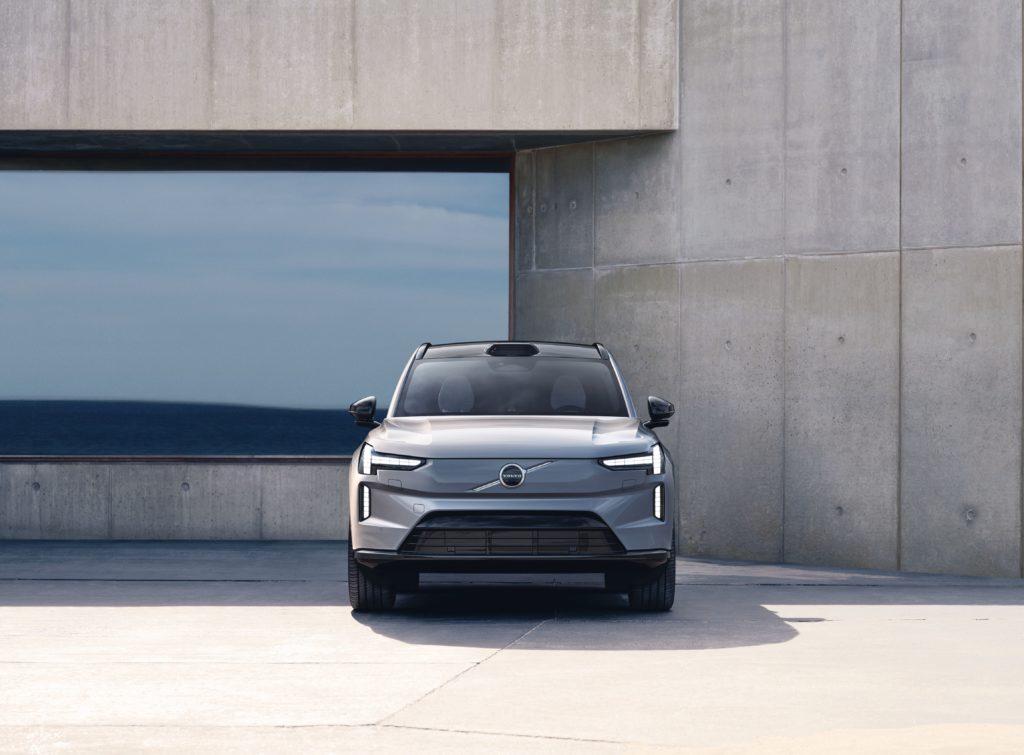
The twin-motor all-wheel-drive version is powered by a 111kWh battery and two permanent magnet electric motors together delivering in its performance version 380kW (517hp) and 910Nm of torque. It is Volvo’s first electric car to feature bi-directional charging, technology whereby you can use your car battery as an extra energy supply, for example to power your home, other electric devices, or another electric Volvo car.
The Volvo EX90 contains approximately 15 percent recycled steel, 25 percent recycled aluminium, and 48 kg of recycled plastics and bio-based materials, which corresponds to around 15 percent of the total plastic used.
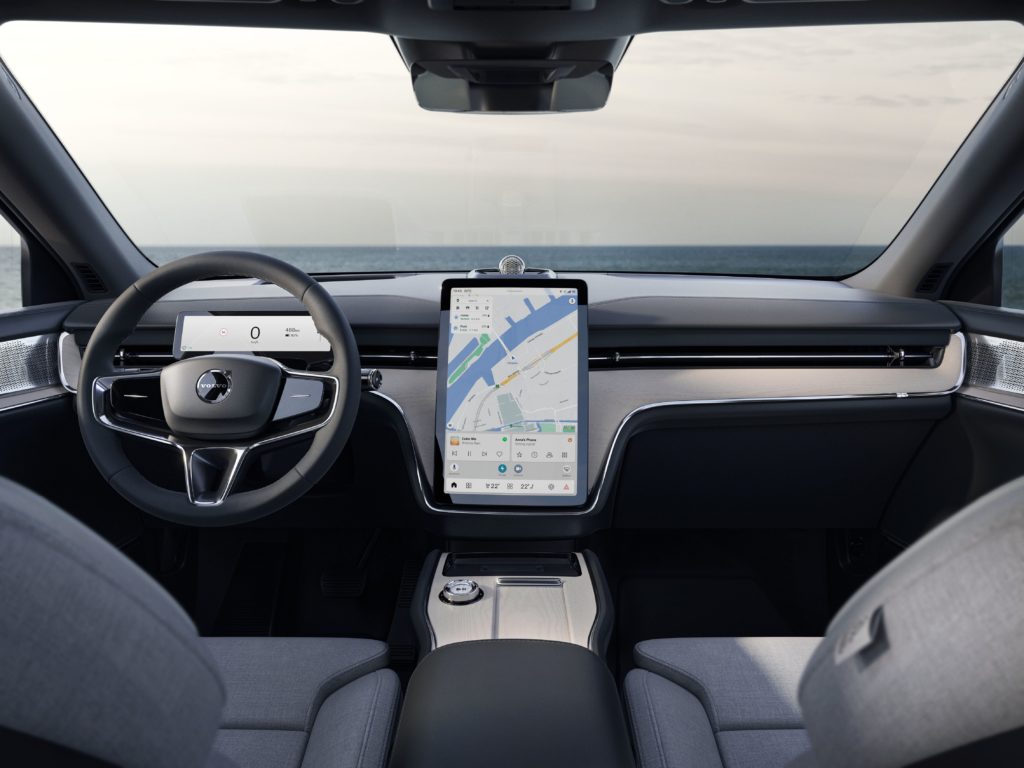
Labelled an ‘invisible shield of safety’, the vehicles features state-of-the art sensors such as cameras, radars and lidar, connected to core computers and systems. These can even gauge eye gaze concentration The sensors also contribute to improve the reliability and overall performance of its assisted driving function, Pilot Assist, with a new steering support function while changing lanes. The EX90 even has the capability to stop and call for assistance if the driver falls asleep at the wheel.
Volvo Cars says it will reveal one new fully electric car each year, with the aim of selling only fully electric cars by 2030; climate-neutral by 2040.


